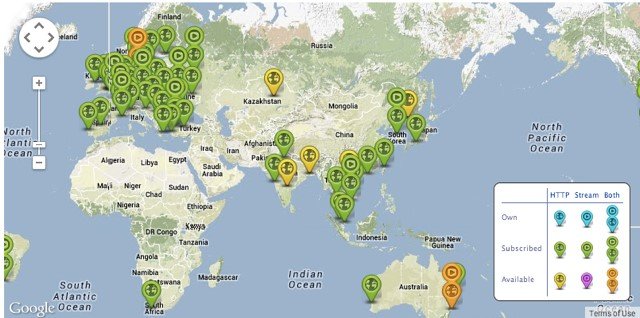Aggregation service provider OnApp claims it has solved the problem of setting and keeping service levels agreements (SLA) among international markets.
The cloud service unifier has launched a new service that it claims will create new international markets for members of its federation of data centers.
OnApp’s Federation, a network of 167 service providers who can pool capacity from 170 locations in 113 cities across 43 countries, is now the world’s biggest cloud, it claimed.
This enables its members to open a presence in any foreign territory where a fellow member has data halls, by renting the capacity from them.
According to the service provider its OnApp Federation brings together 2,000 OnApp clouds which can share computing resources such as processing power, memory and storage.
“If you are an operator in London, and have a client that needs a local presence in Iceland, you don’t have to go on the property market and buy a data hall and support it. You can buy that presence from a local federation member in a fraction of the time at a fraction of the cost,” said Carlos Rego, OnApps’ co-founder and chief visionary officer.
OnApp said that by creating a template for SLAs between parties across international barriers, it has removed one of the most imposing barriers to an open cloud services market.
“The parties involved need to understand what types of SLA are possible,” Rego said.
“The companies involved in an agreement need to be table to talk to each other on a unified platform.”
Rego claimed OnApp has removed the biggest problem for enforcing SLAs - the vagaries of measurement – via its creation of a universal system of service management.
“We can put a service in place to conduct SLAs, to measure performance and to rate performance,” said Rego.
By rating the various parties involved in its federation, OnApp claimed it can produce the first unbiased, universally acknowledged form of accreditation.
“We can give much more objective information about how competent each company is as a performer, based on the evidence created by our software agents that monitor all transactions,” Rego said.

